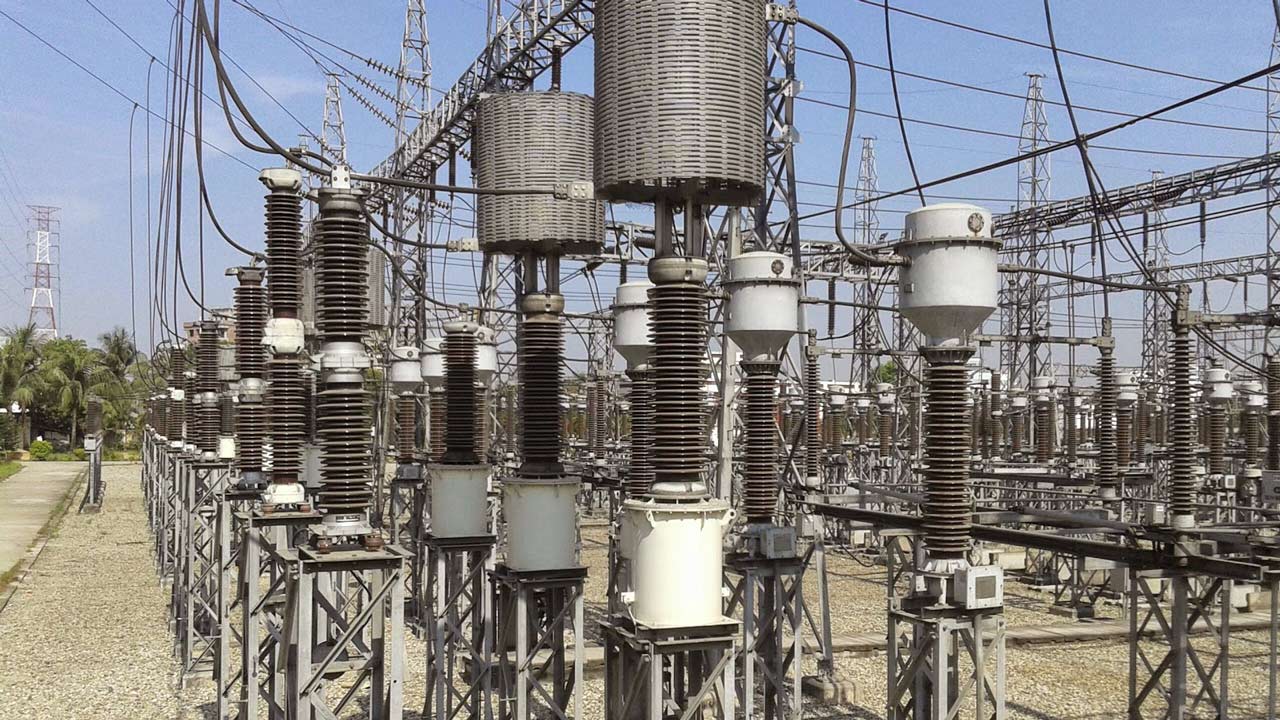
The Organised Private Sector (OPSN), comprising top Business Membership Organisations (BMOs), has warned that over 65 per cent of private businesses, especially manufacturing concerns and SMEs, may be forced to close down due to the over 200 per cent hike in electricity tariff.
The BMOs, comprising the Manufacturers Association of Nigeria (MAN), National Association of Chambers of Industry, Mines and Agriculture (NACCIMA), Nigerian Employers’ Consultative Association (NECA), Nigerian Association of Small-Scale Industrialists (NASSI) and Nigerian Association of Small and Medium Enterprises (NASME), representing over five million businesses in Nigeria; lamented the increase by the Nigerian Electricity Regulatory Commission (NERC) for Band A customers, saying the current economy is extremely harsh and the hike is inimical to the survival of businesses and would lead to an unprecedented downturn in the productive sector of the economy.
The coalition said they arrived at this conclusion after compelling primary data and submissions from member-companies, adding that it will have negative trickle-down effects and impoverish Nigerians. They said the unwarranted increase would worsen the upward swing in inflation, aggravate the pressure on disposable income and lead to closure of many private businesses. They added that it would also increase the high level of unemployment and insecurity in the country.
Commending government’s recent efforts to enhance fiscal transparency, they called for accelerated implementation of the right policies to achieve set objectives. Regretting that NERC and the federal government did not consult with them before the increase, they said the sudden exponential increase in the face of inadequate electricity supply is inimical to the competitiveness of Nigerian products and businesses and will exacerbate the impact of the high cost of production.
“Meanwhile, this astronomical increase is against the MYTO Order referenced NERC/2023/05, which valued the cost-reflective tariff at N114.8/Kwh (determined using an exchange rate of N919.39/$1). It also does not reflect the current exchange rate reality that has seen the Naira appreciate by 62.95 percent over the dollar in the last month,” they said.
A closer look at the impact of the increase in electricity tariff to N225/kWh (determined using an exchange rate of N1463.31/$1) on the cost profile of a medium-sized company using 700kw revealed that the firm will need to pay about N1.4 billion per annum (700 x 225 x 24 x 365) for electricity. In China, a similar medium-sized company will pay a little over N24m (700 x 94.14 x 24 x 365). They said the new tariff is outrageously higher when compared with going rates in countries with significant manufacturing performance.
“In the U.S., UK, Germany, France, China, India, South Africa, Ghana and the Benin Republic, prevailing electricity cost per kilowatt hour are $0.1545, $ 0.3063, $0.53, $0.0573, $0.076, $0.068, $0.0999, $0.123 and $0.195 respectively. The conversion values of the afore-mentioned electricity cost in naira are N191.38, N379.41, N656.50, N70.98, N94.14, N84.23, N64.53, N152.36 and N125.95 respectively. Clearly, with the new tariff of N225/kWh, Nigeria now ranks third after Germany and the UK on the list of countries with high electricity cost.”
They said what is most worrisome is the fact that the electricity to be supplied is not adequate, just as the increase is coming on the heels of macroeconomic instability, infrastructure deficits, as well as other supply-side constraints limiting the performance of the productive sector.
They called for the suspension of the new tariff to enable all stakeholders to dialogue around the process and methodology of determining tariff as well as jointly agreeing on the transparent mechanism required for tariff setting.






